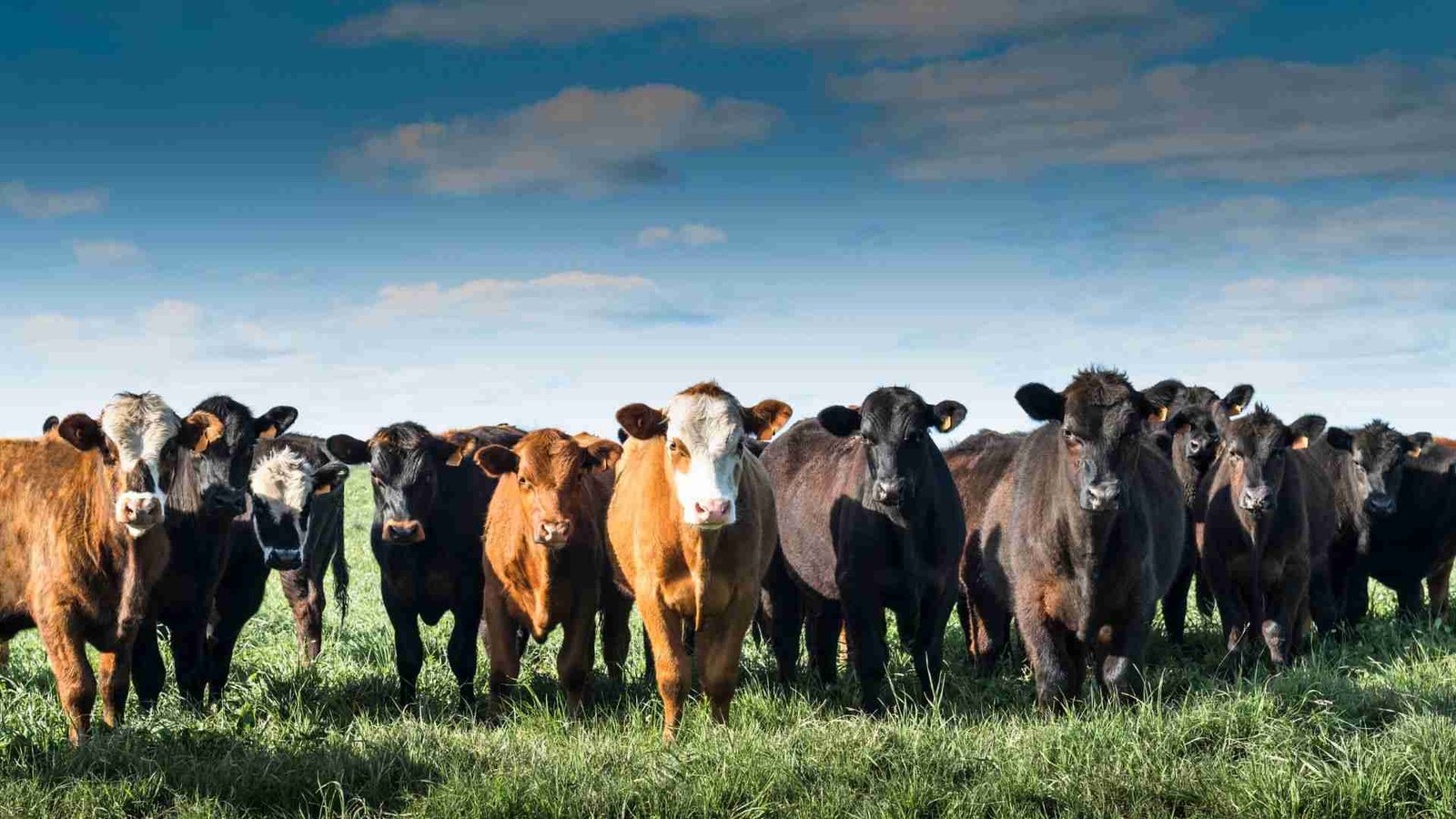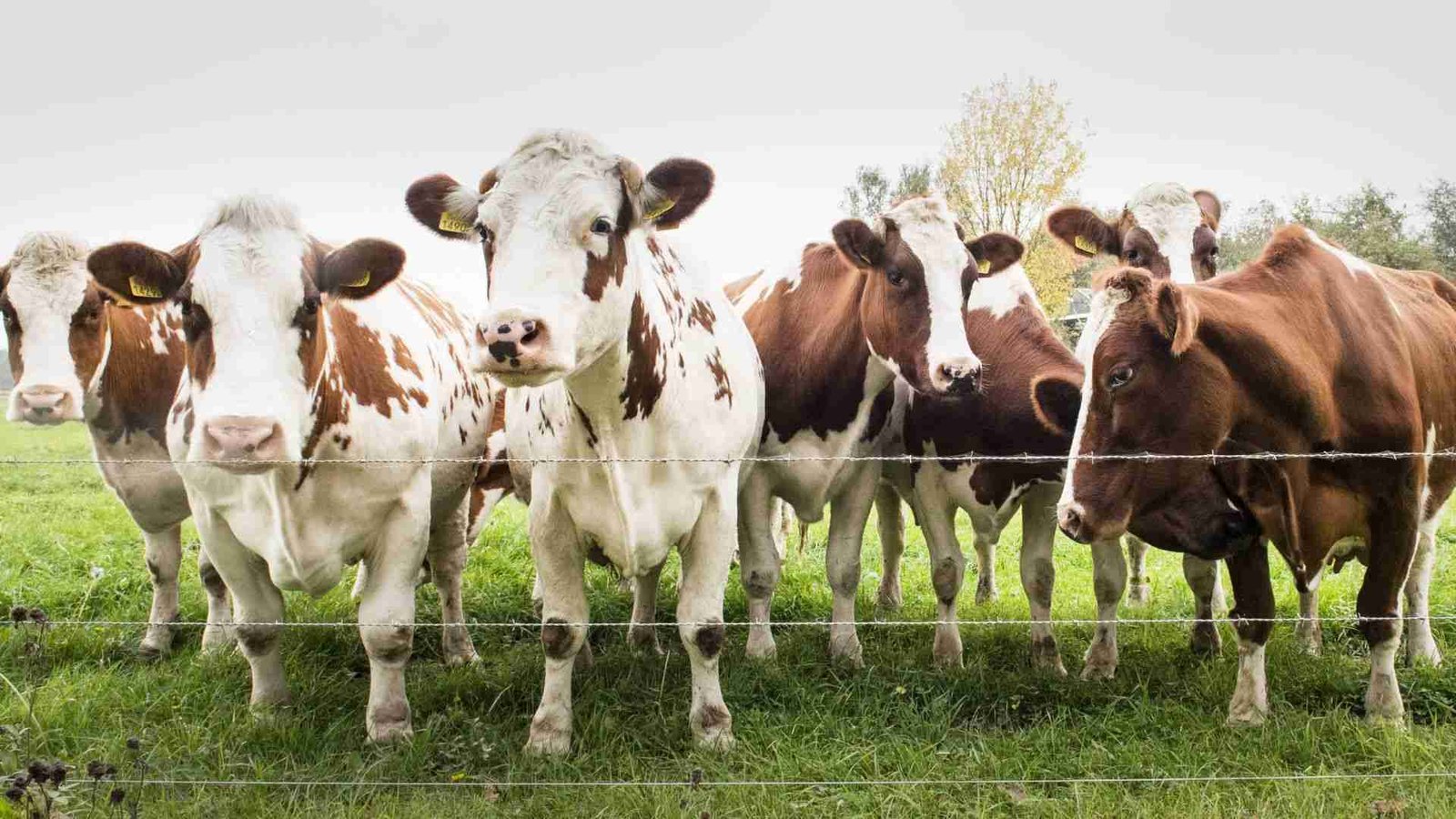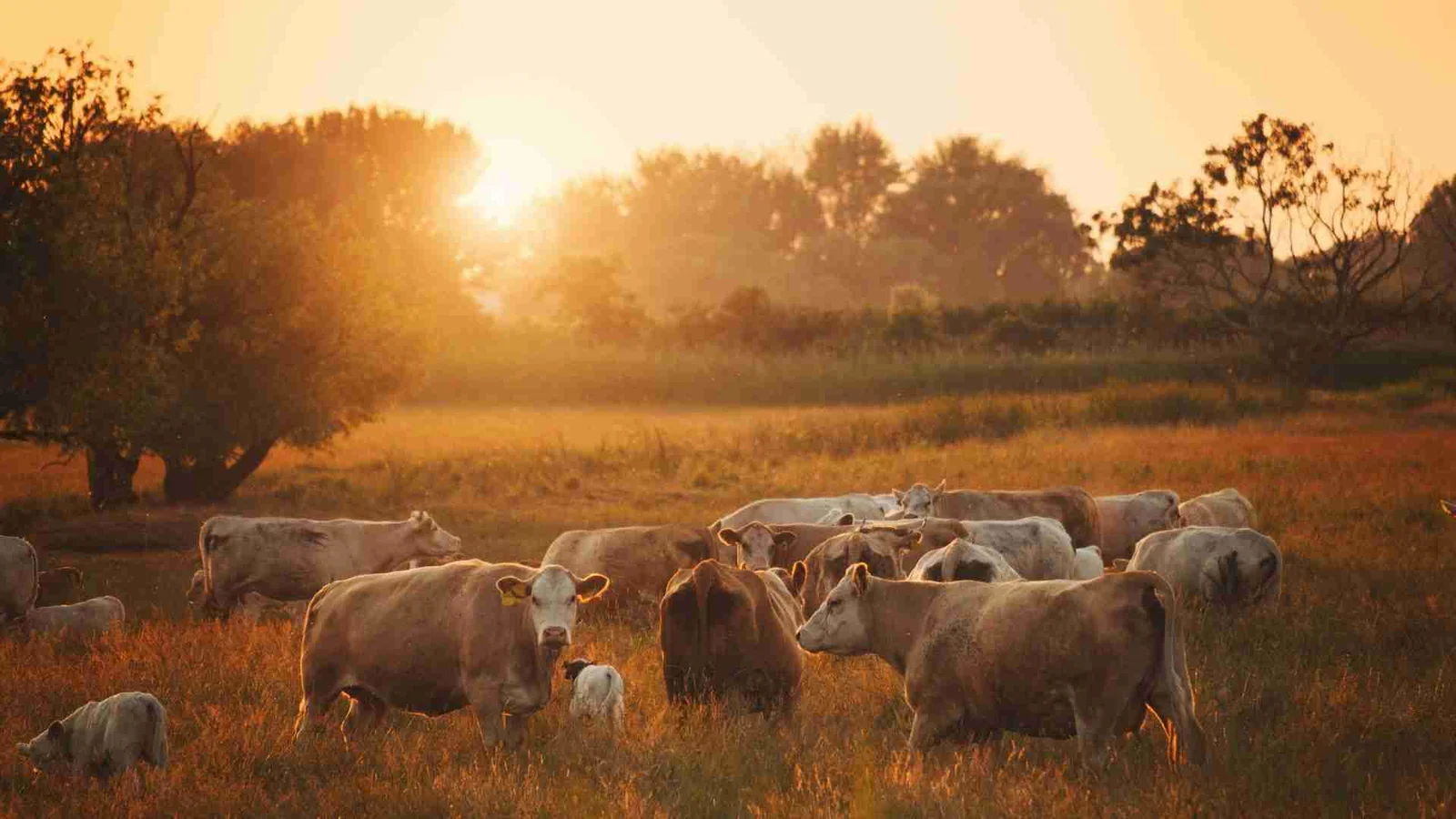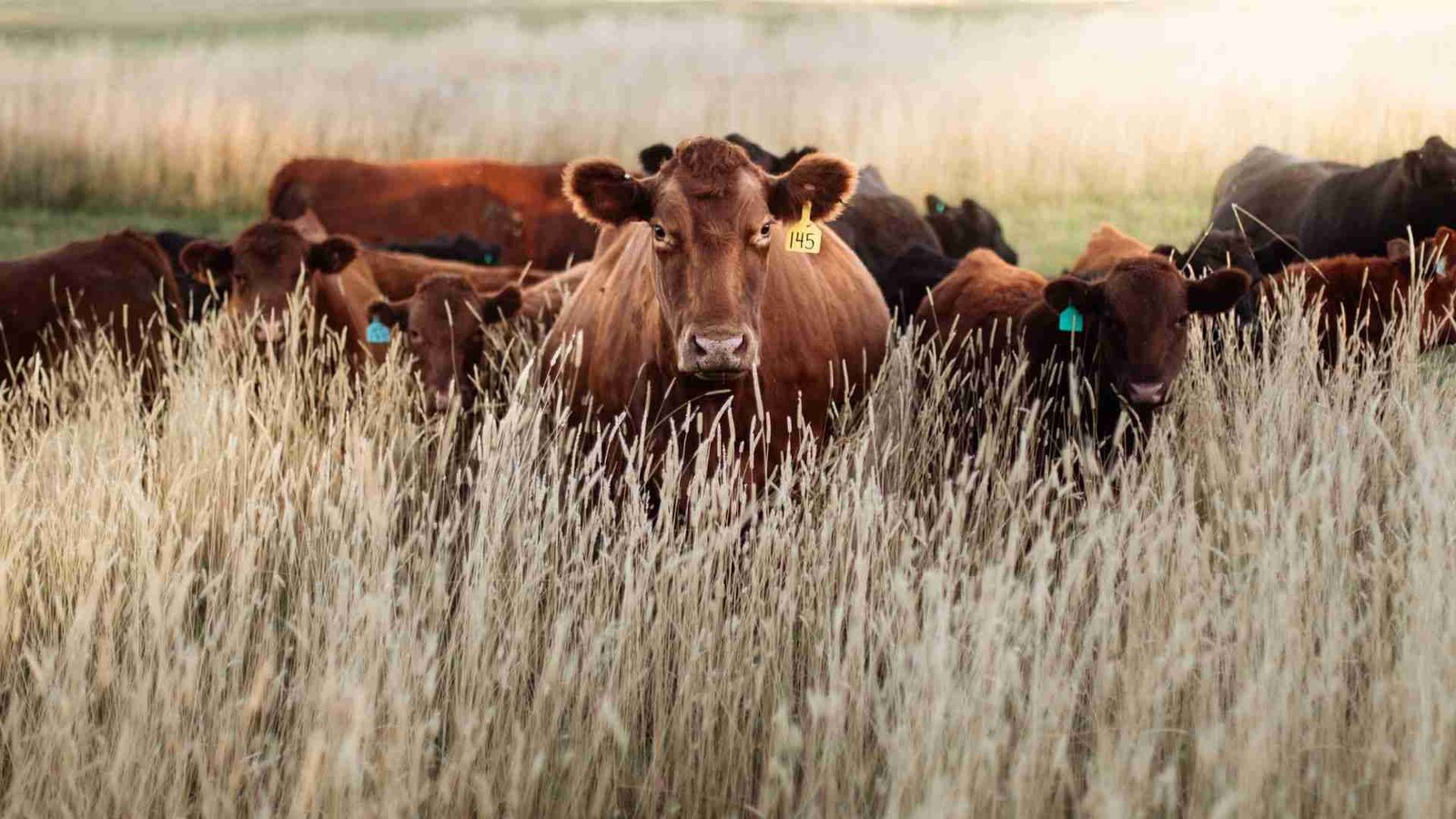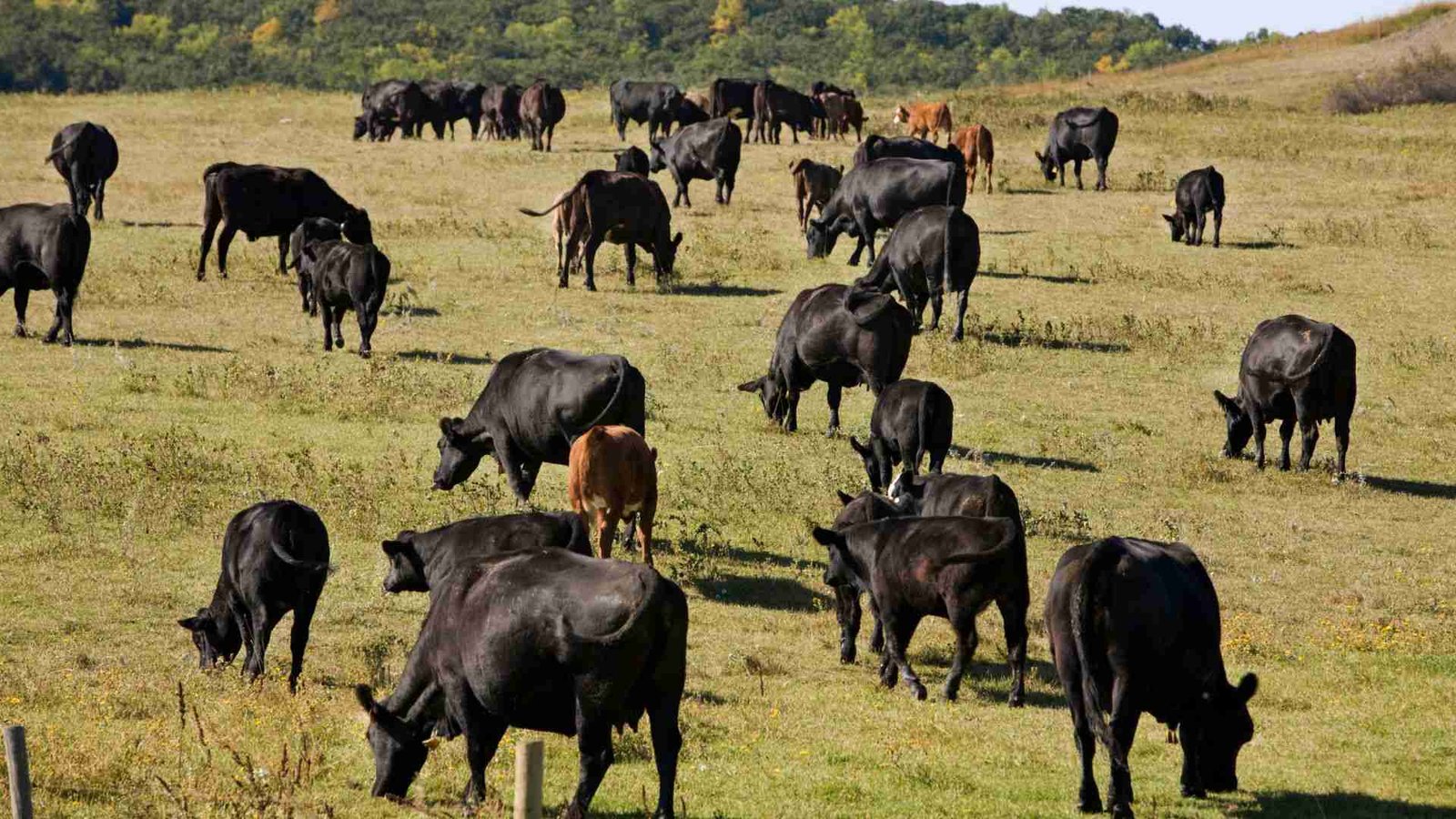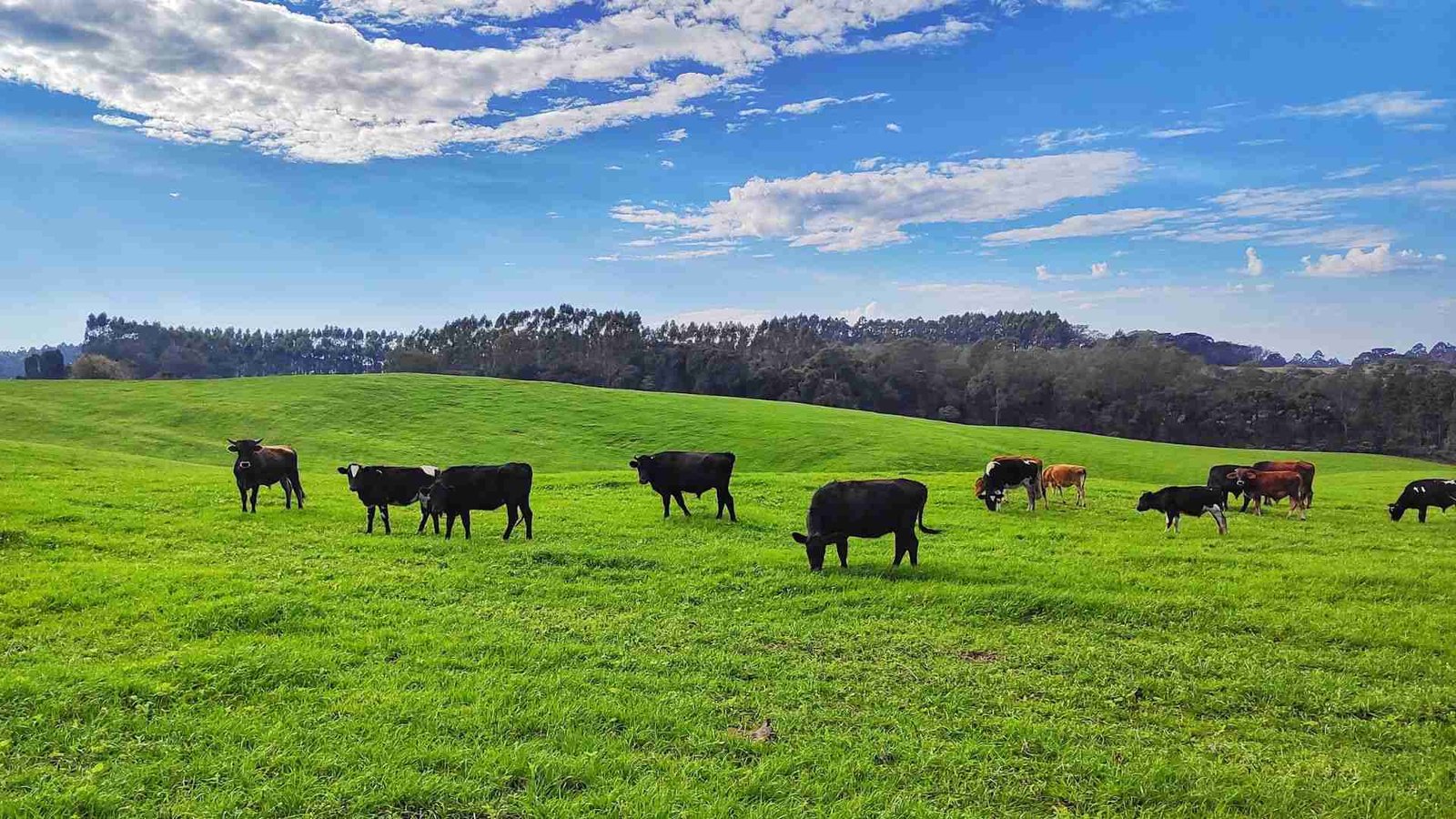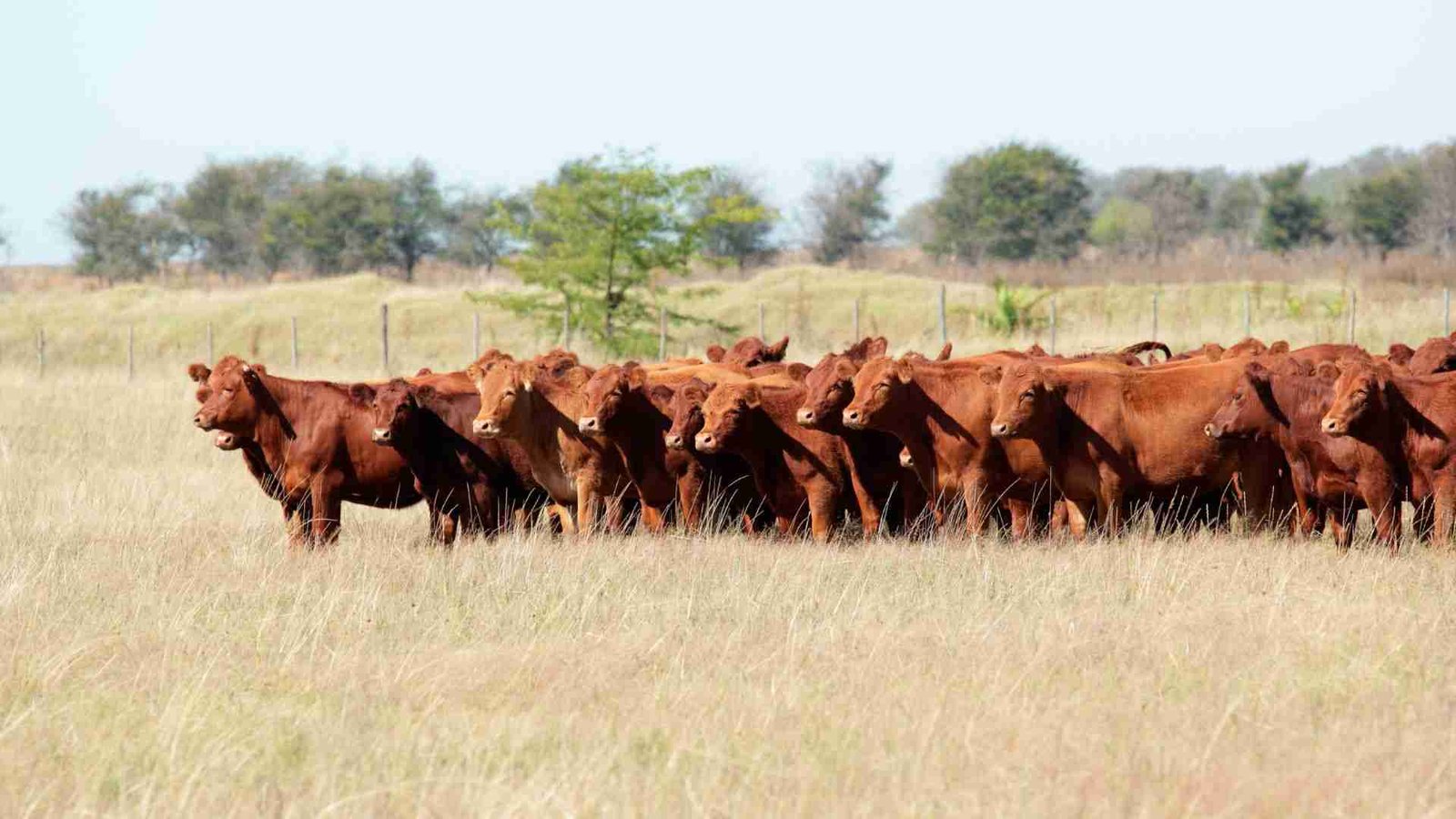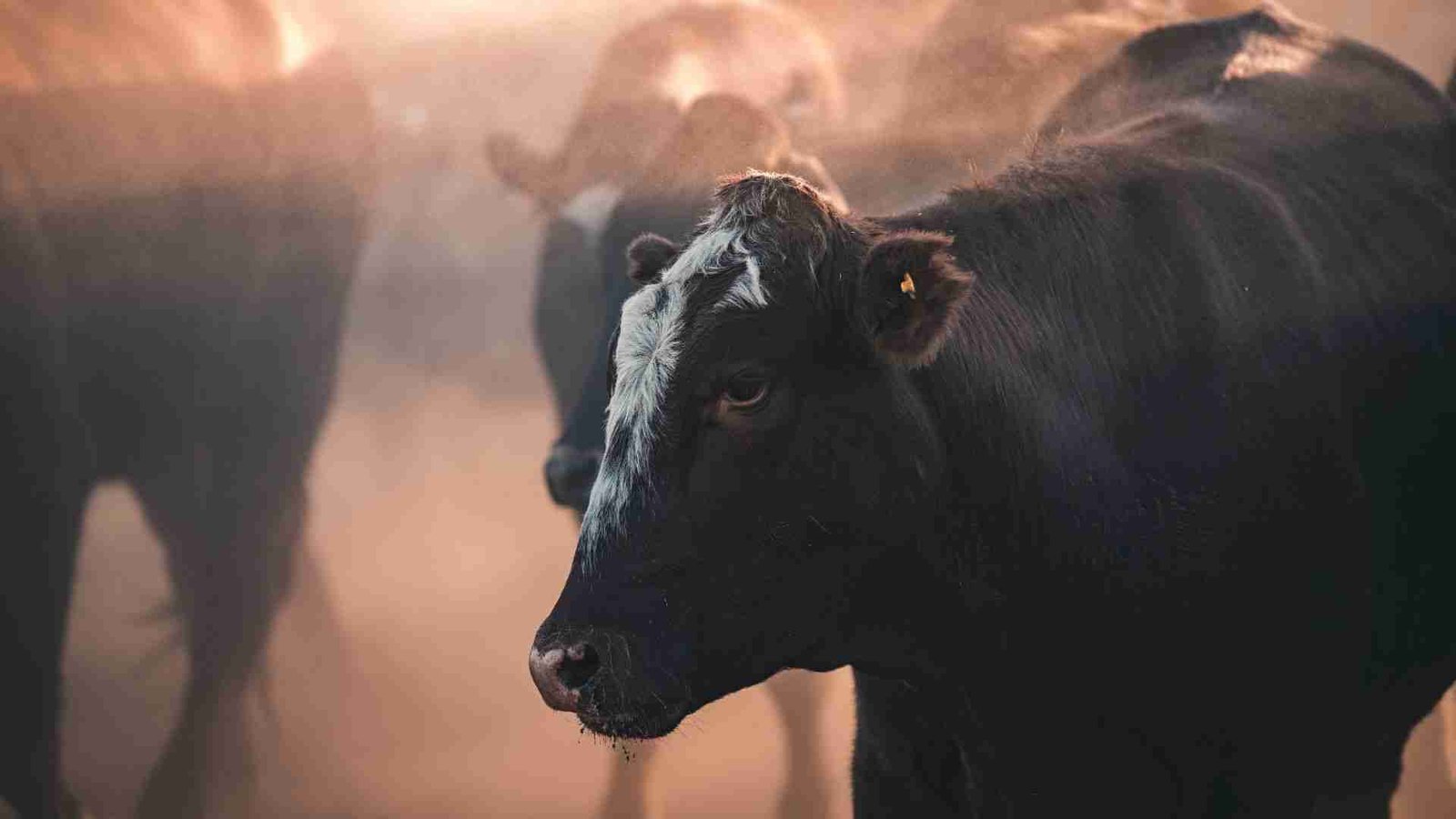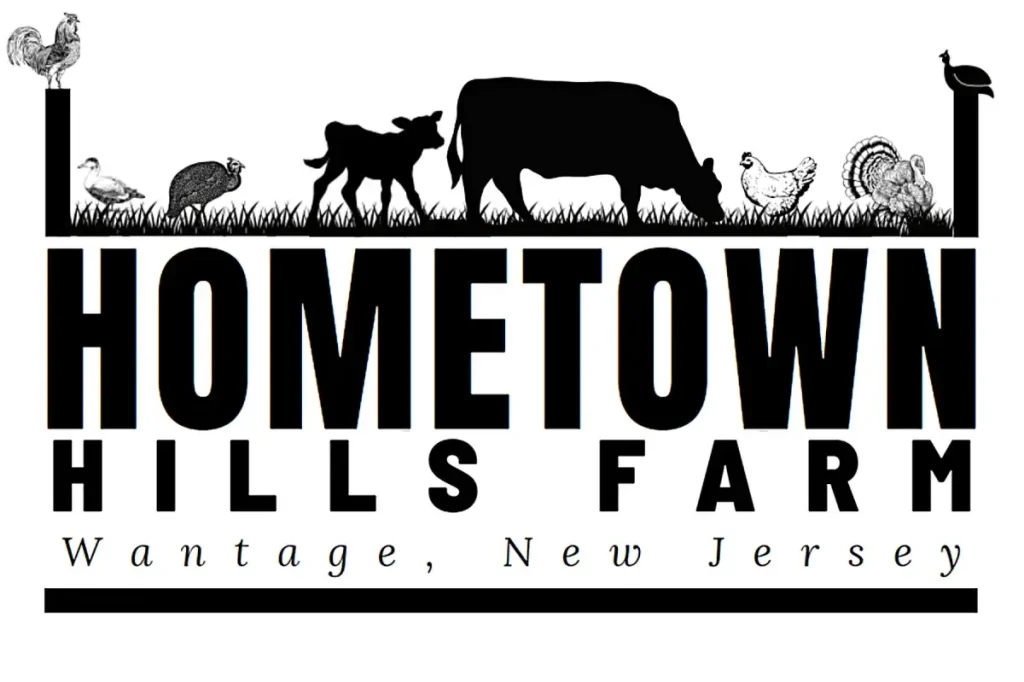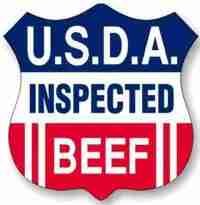Choose Authenticity with New Jersey’s Premier Grass-Fed Beef
In an era where the origins of our food are increasingly obscured, our New Jersey farm stands as a beacon of transparency and trust. Amidst growing concerns about imported beef being labeled as a "Product of the USA," we proudly offer a truly local, grass-fed beef option that champions both quality and integrity. The Concern with Imported Beef Recent discussions have shed light on a troubling practice within the beef industry: beef imported from other countries can be processed or repackaged in the U.S. and labeled as a "Product of the USA." This misleading labeling does not reflect the true
Grass-Fed Beef and Your Local Community: Supporting Small Farms
Explore how choosing grass-fed beef supports local communities, small farms and sustainable agriculture in our latest article.
The Role of Grasslands in Sustainable Agriculture: How Grazing Cattle Benefits the Ecosystem
The Role of Grasslands in Sustainable Agriculture: How Grazing Cattle Benefits the Ecosystem Grasslands cover a significant portion of the Earth's surface and play a critical role in the global ecosystem. They are not only a habitat for a diverse range of species but also a vital part of the agricultural landscape. Sustainable agriculture practices, particularly those involving grazing cattle, can have profound benefits for grassland ecosystems. This article explores the role of grasslands in sustainable agriculture and how grazing cattle can be a key component in promoting ecological balance and biodiversity. Grasslands and Their Importance Grasslands, ranging from the
FAQs About Grass-Fed Beef: Common Questions Answered
Grass-fed beef has been gaining popularity among health-conscious consumers and those concerned about animal welfare and environmental sustainability. Despite its growing presence in markets and menus, there are still many questions about what exactly grass-fed beef is, how it differs from other types of beef, and why it might be a better choice. In this article, we'll delve into some of the most frequently asked questions about grass-fed beef to provide you with the information you need. What is Grass-Fed Beef? Grass-fed beef refers to beef from cattle that have been raised on a diet of natural grass and forage
Fun Facts About Cows: A Fascinating Look into Our Bovine Friends
Introduction Cows. They are the gentle giants of the animal kingdom, peacefully grazing in lush green pastures and providing us with milk and meat. But did you know that there is more to cows than meets the eye? These fascinating creatures have some incredible facts that will make you see them in a whole new light. From their social dynamics to their digestive system, let's dive into the wonderful world of cows and discover some fun and intriguing facts about them. The Remarkable Social Life of Cows Cows are social animals that thrive in herds. They form strong bonds and
Debunking Myths about Grass-Fed Beef: Separating Fact from Fiction
Debunking Myths about Grass-Fed Beef: Separating Fact from Fiction Grass-fed beef is no longer just a niche product—it’s a movement. Across New Jersey and beyond, families are choosing grass-fed beef for its health benefits, rich flavor, and sustainable roots. At Hometown Hills Farm, we’ve seen this firsthand as demand for our pasture-raised, grass-fed beef continues to grow. Yet, despite its rising popularity, myths and misconceptions still cloud the conversation. Let’s cut through the noise and separate fact from fiction so you can feel confident about bringing our grass-fed beef to your table. Myth 1: Grass-Fed Beef and Organic Beef Are
The Transformative Power of Regenerative Agriculture in Grass-Fed Beef Production
Introduction: Regenerative agriculture is a farming technique that focuses on rebuilding soil health, reducing the use of synthetic inputs, and capturing carbon in the soil. It is a sustainable and holistic approach that emphasizes the importance of healthy soil, biodiversity, and ecosystem services. The role of regenerative agriculture in grass-fed beef production is becoming increasingly important as consumers are starting to realize the benefits of this farming technique. Statistics: According to a report published by the Rodale Institute, regenerative agriculture has the potential to sequester more than 100% of current annual CO2 emissions if it is widely adopted. A
Grass-Fed + Grain-Finished = The Best of Both Worlds for Beef
Discover the exceptional nutritional benefits and cooking tips for grass-fed, grain-finished beef, which offers higher protein and less fat compared to traditional grain-fed options. Learn how to achieve the perfect tenderness and flavor in every bite with our expert guidelines.
